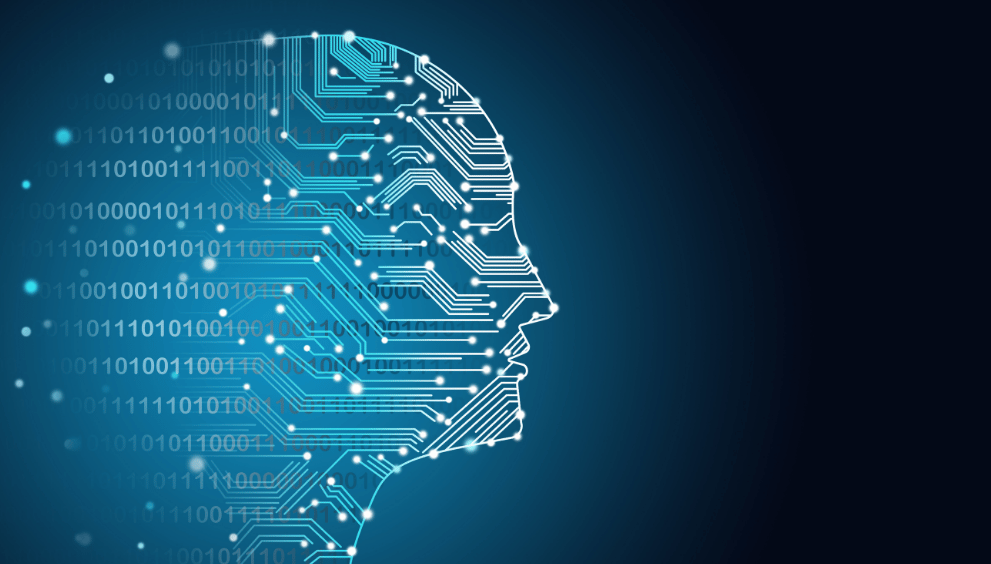Headings
In today’s world, technology is making profound changes in every aspect of our lives. Technology applications are impacting various fields, from business processes to daily routines. Here are 8 noteworthy technology applications as of 2024:
1. AI-Powered Personalization
One of the standout technology applications is artificial intelligence (AI), which enhances user experiences by analyzing data to provide personalized content. E-commerce platforms, in particular, utilize users’ past shopping data, browsing behaviors, and social media interactions to offer tailored product recommendations. Such technology applications enable users to discover products that resonate with their interests more easily. Consequently, customer satisfaction increases, making the shopping experience more enjoyable and boosting sales.
2. Internet of Things (IoT)
The Internet of Things (IoT) connects everyday objects to the internet, fundamentally transforming our lifestyles. With technology applications like smart home systems, homeowners can control heating, lighting, and security systems remotely. This technology not only saves energy but also enhances home security. Smart thermostats optimize energy usage, lowering costs. Moreover, IoT applications play a significant role in healthcare. Wearable devices monitor heart rate, sleep patterns, and physical activity, helping individuals manage their health more effectively.
3. Blockchain Technology
Among technology applications, blockchain stands out for its ability to enhance security and transparency in transactions. It is widely used in financial services, supply chain management, and the healthcare sector. Blockchain enables secure transaction recording without the need for a central authority. Each transaction is stored in an encrypted block, forming a chain that minimizes fraud risk. For example, technology applications using blockchain can track the source of products in the supply chain, preventing counterfeit items from entering the market.
4. Virtual and Augmented Reality
Virtual reality (VR) and augmented reality (AR) are technology applications used across various sectors, from education to entertainment. VR immerses users in a fully virtual environment, allowing them to experience different scenarios, while AR combines real-world elements with virtual ones to create interactive experiences. In education, these technology applications help students better understand complex subjects. For instance, medical students can practice surgical procedures in simulated environments. In the entertainment sector, game developers leverage these technologies to create more immersive and engaging experiences for users.
5. Drones and Autonomous Vehicles
Drones are increasingly used in agriculture, construction, and logistics, making them one of the innovative technology applications of our time. These devices help farmers monitor crop growth, leading to more efficient production. In construction, drones are used to oversee project progress and conduct safety inspections. Autonomous vehicles are also revolutionizing transportation. Equipped with AI and sensor technologies, these vehicles offer the potential for driverless travel. Such technology applications save time and reduce human error, enhancing safety.
6. 5G Technology
5G technology significantly enhances mobile internet speeds, enabling more devices to connect simultaneously. This development is crucial for smart city projects and remote healthcare services. The high speed and low latency provided by 5G create advantages for applications that require real-time data transmission. For example, technology applications in smart city initiatives can analyze traffic flow and manage energy consumption instantaneously. These technology applications improve the efficiency of daily life.
7. Biometric Security Systems
Biometric security systems use users’ biometric data, such as fingerprints, facial recognition, and voice recognition, to enhance security. These technology applications offer a more secure solution compared to traditional encryption methods for identity verification. In the banking sector, biometric systems reduce fraud risk by granting secure access to user accounts. Furthermore, they play a vital role in corporate security. The use of biometric systems helps prevent unauthorized access and ensures the safety of users’ data.
8. Green Energy Technologies
The utilization of renewable energy sources has accelerated the development of environmentally friendly technology applications. Solar panels, wind turbines, and hydroelectric systems are making energy production more sustainable. Particularly, solar energy enables individuals and businesses to reduce energy costs while lowering their carbon footprints. Such technology applications contribute to energy independence and enhance national energy security.
Conclusion
New technology applications not only simplify our lives but also transform business processes. AI, IoT, blockchain, and other innovative technologies will become increasingly prevalent, shaping our lifestyles in the future. Investing in and integrating these technology applications is becoming an essential necessity for individuals and businesses. The future will evolve with the opportunities provided by these technologies, enhancing our quality of life.




